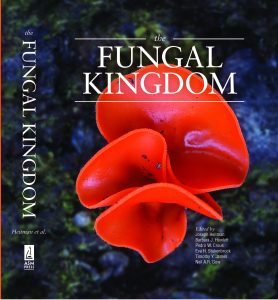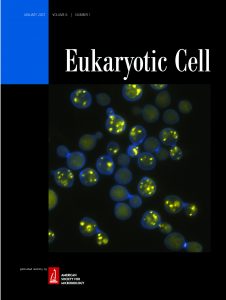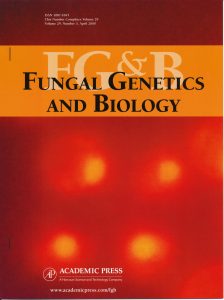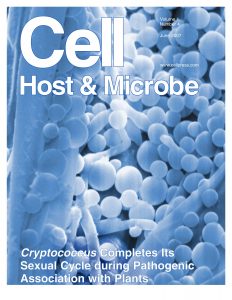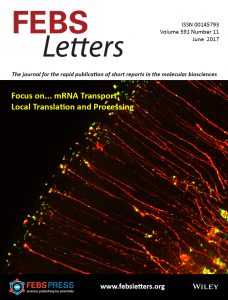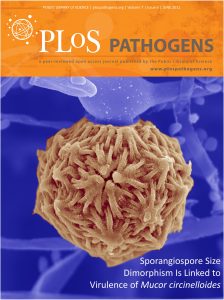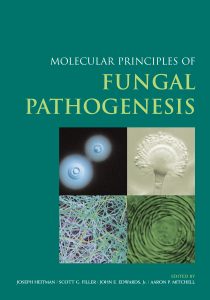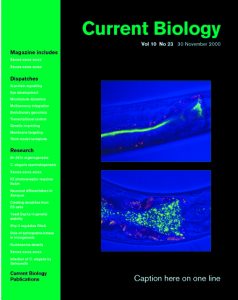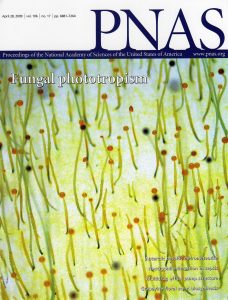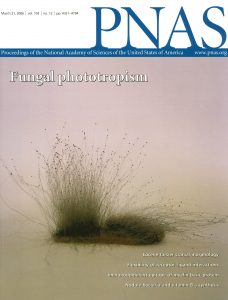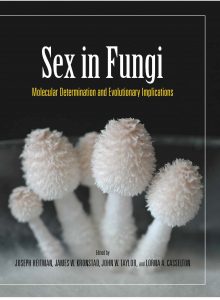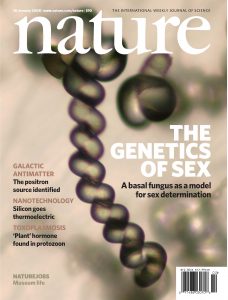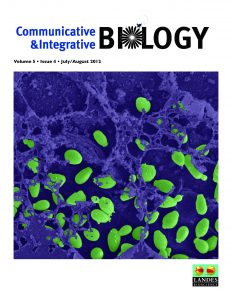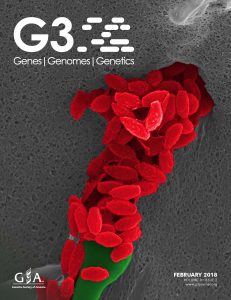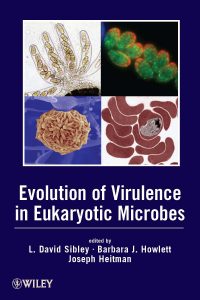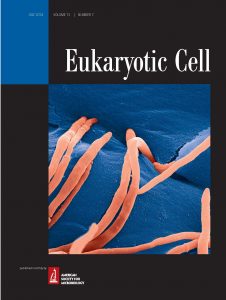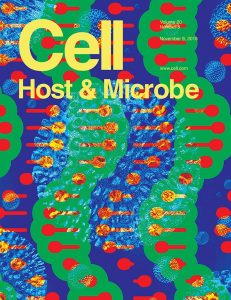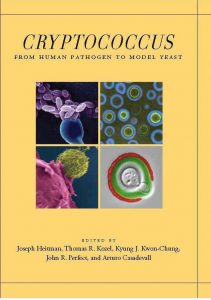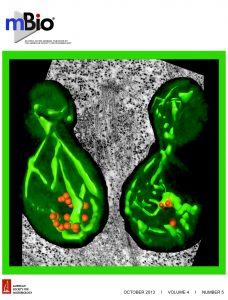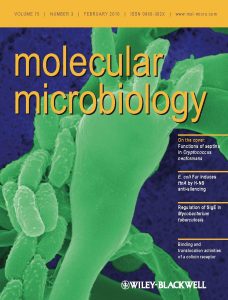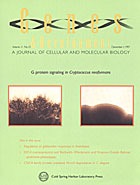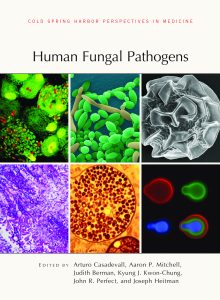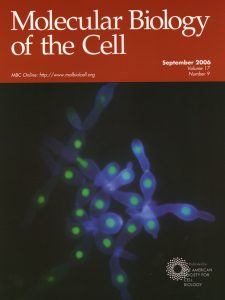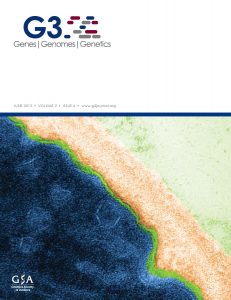The Center for Host-Microbial Interactions (CHoMI) provides an interdepartmental intellectual home for Duke investigators who are interested in this broad area of research. CHoMI was originally conceived as the Center for Microbial Pathogenesis, which was designed to build on the success of the mycology group at Duke and strengthen bacterial pathogenesis initiatives at our institution. Following the successful recruitment of new faculty, the Center has evolved into a community of more than 40 laboratories spanning a number of departments and divisions that are focused on the study of various unique aspects of host-microbial interactions.
Specific areas of research and expertise within the CHoMI community include:
- Fungal and bacterial genetics
- Microbiome-host and microbiome-pathogen interactions
- Population biology of microbes
- Genome technology
- Innate Immunity
- Microbial virulence factors and counter-immunity
- Characterization of novel virulence factors
- Model host organisms to study host-microbial interactions in vivo
- Genetic of human susceptibility to infections and inflammatory disorders
- Infectious disease in the immunocompromised host
- Inter-microbial communication via membrane vesicles
- Virus-host interactions
[Please visit our Faculty page for detailed information regarding individual research programs and laboratory websites. Visit our History page to learn more about the center.]
The overall goals of the Center for Host-Microbial interactions (CHoMI) are to provide members with:
- A supportive and interactive atmosphere where colleagues with common interests in host-pathogen interactions can interact and collaborate.
- A robust training environment for graduate students, post-doctoral fellows, medical students, and medical fellows with an interest in training in the field.
- An environment for recruiting future outstanding faculty to Duke University Medical Center to join us in our quest to understand the molecular nature of the host-pathogen interaction and develop the means to intercede for therapy.
Members of the Center for Host-Microbial Interactions (CHoMI) are well-supported by grants from the National Institutes of Health (NIH), National Science Foundation (NSF), and the Burroughs Wellcome Fund, among many others.
In addition, the Center provides a wide variety of opportunities for trainees, including the NIH-funded Molecular Mycology and Pathogenesis Training Program (MMPTP), which comprises Duke, the University of North Carolina at Chapel Hill (UNC-CH), and North Carolina State University (NCSU), and provides post-doctoral research training and support for basic science and clinical fellows in the field of mycology.
We invite you to explore this website, and to contact us if you are interested in further information about the Center for Host-Microbial Interactions at Duke University.
Jörn Coers, PhD
Director, Center for Host-Microbial Interactions
419 JONES Building
Box 3580 DUMC
Durham, N.C. 27710
Phone: 919.684.7109
Fax: 919.684.790
Email: jorn.coers@duke.edu
